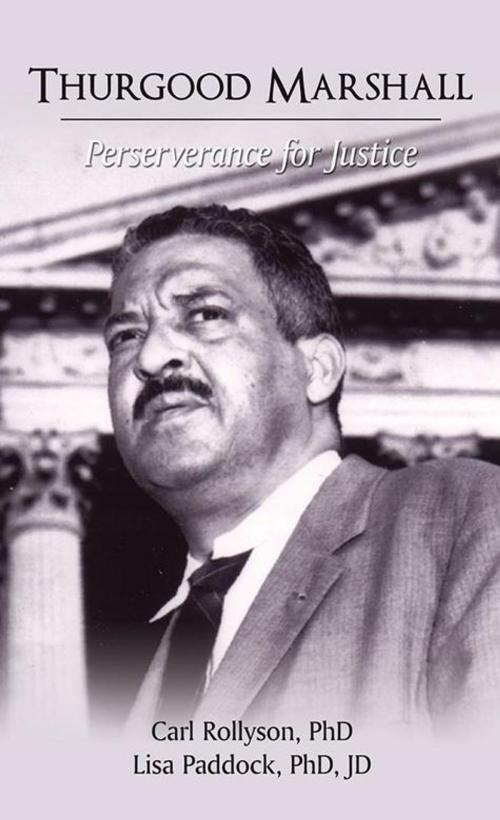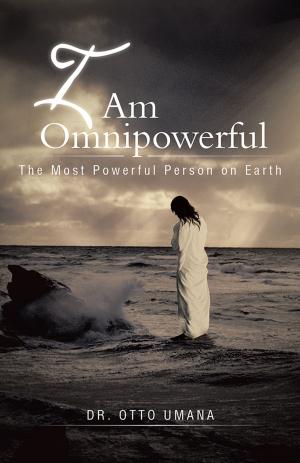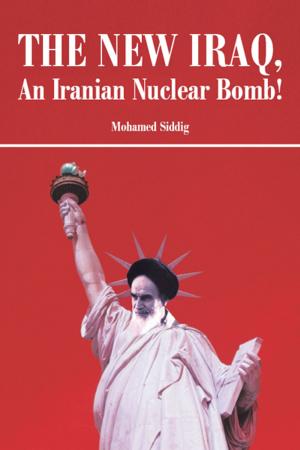| Author: | Lisa Paddock, Carl Rollyson | ISBN: | 9781491750186 |
| Publisher: | iUniverse | Publication: | January 20, 2009 |
| Imprint: | iUniverse | Language: | English |
| Author: | Lisa Paddock, Carl Rollyson |
| ISBN: | 9781491750186 |
| Publisher: | iUniverse |
| Publication: | January 20, 2009 |
| Imprint: | iUniverse |
| Language: | English |
Thurgood Marshall was one of the original forces behind the National Association for the Advancement of Colored People (the NAACP), one of the organizations that helped to advance the rights of African Americans in the 20th century. His pursuit of civil rights reached a high point when, as a lawyer, he helped the NAACP win Brown v. Board of Education, the Supreme Court case that ended racial segregation in education in American public schools. Afterward, Thurgood was appointed as a judge in the United States Court of Appeals, then as the first black United States solicitor general and, finally, the first black justice of the United States Supreme Court.
Perseverance is a quality that Thurgood had in abundance. The grandson of a freed slave and the son of a waiter and a schoolteacher, he managed to obtain an excellent education despite the racial segregation of the American school system. Early in his career as a champion of civil rights, he found it hard to make a living, and he endured not only legal setbacks but also threats on his life. Eventually, Thurgood achieved high office, but even as a Supreme Court justice he continued to fight for the rights of those whom society continued to regard as inferior: blacks, women, and poor people.
Thurgood Marshall was one of the original forces behind the National Association for the Advancement of Colored People (the NAACP), one of the organizations that helped to advance the rights of African Americans in the 20th century. His pursuit of civil rights reached a high point when, as a lawyer, he helped the NAACP win Brown v. Board of Education, the Supreme Court case that ended racial segregation in education in American public schools. Afterward, Thurgood was appointed as a judge in the United States Court of Appeals, then as the first black United States solicitor general and, finally, the first black justice of the United States Supreme Court.
Perseverance is a quality that Thurgood had in abundance. The grandson of a freed slave and the son of a waiter and a schoolteacher, he managed to obtain an excellent education despite the racial segregation of the American school system. Early in his career as a champion of civil rights, he found it hard to make a living, and he endured not only legal setbacks but also threats on his life. Eventually, Thurgood achieved high office, but even as a Supreme Court justice he continued to fight for the rights of those whom society continued to regard as inferior: blacks, women, and poor people.















